Resources
Tools for Healing. Guides for Action. Support You Can Count On.
Bullying doesn’t just affect one person—it ripples into families, classrooms, and communities. That’s why we’ve created a resource hub for everyone involved. Whether you’re a student trying to find your voice, a parent concerned about your child, or a teacher ready to make a change, you’ll find tools here to take the next step.
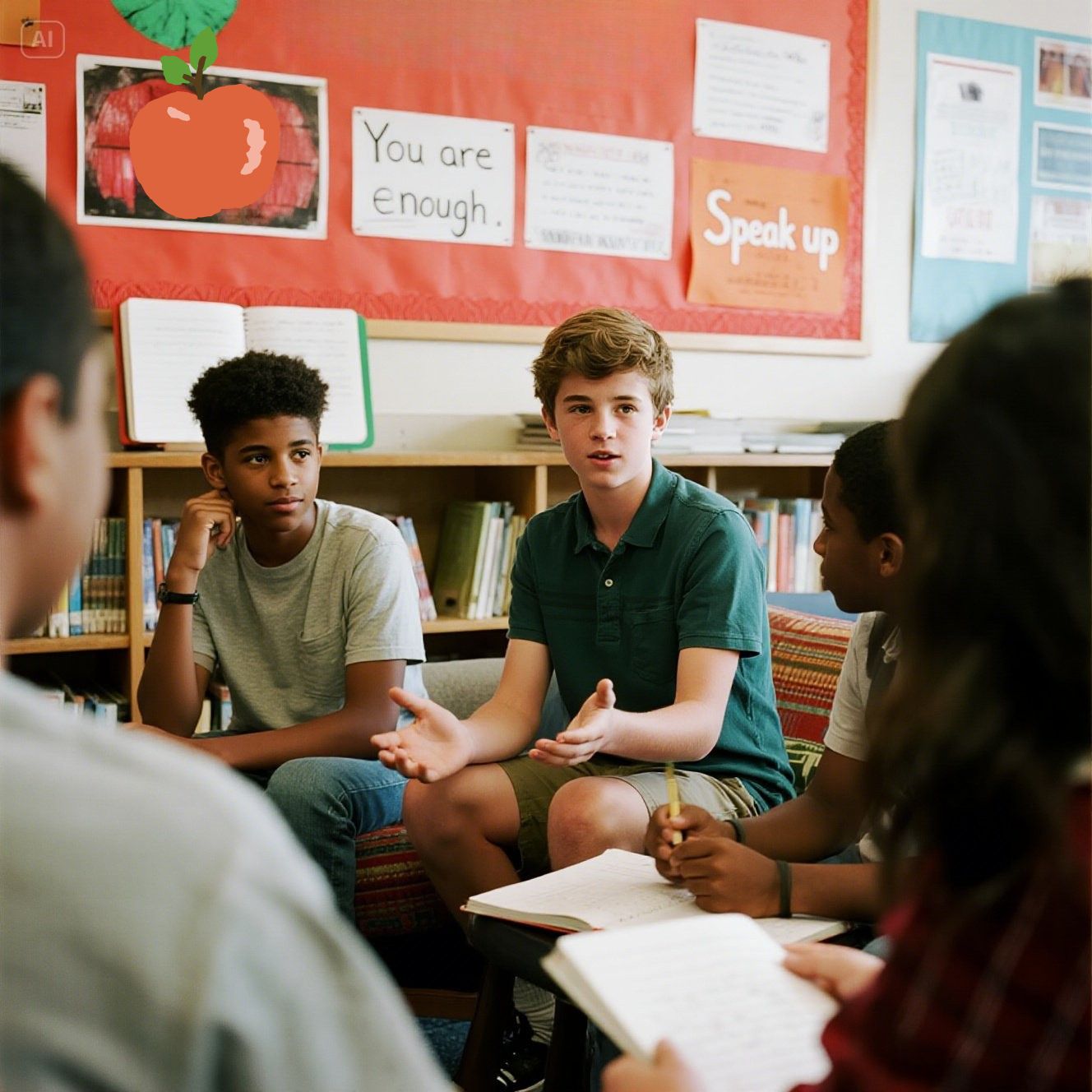

You are not alone—and you are not powerless.
🎓For Students
What to Do if You’re Being Bullied:
- Tell someone you trust—don’t keep it to yourself.
- Avoid retaliation—your safety comes first.
- Report bullying to a school counselor, teacher, or trusted adult.
Coping Tools & Confidence Boosters:
- Join a peer support group or safe online community.
- Practice positive affirmations: "I am worthy. I am strong. I belong."
- Try creative outlets like journaling, music, or drawing to express your emotions.
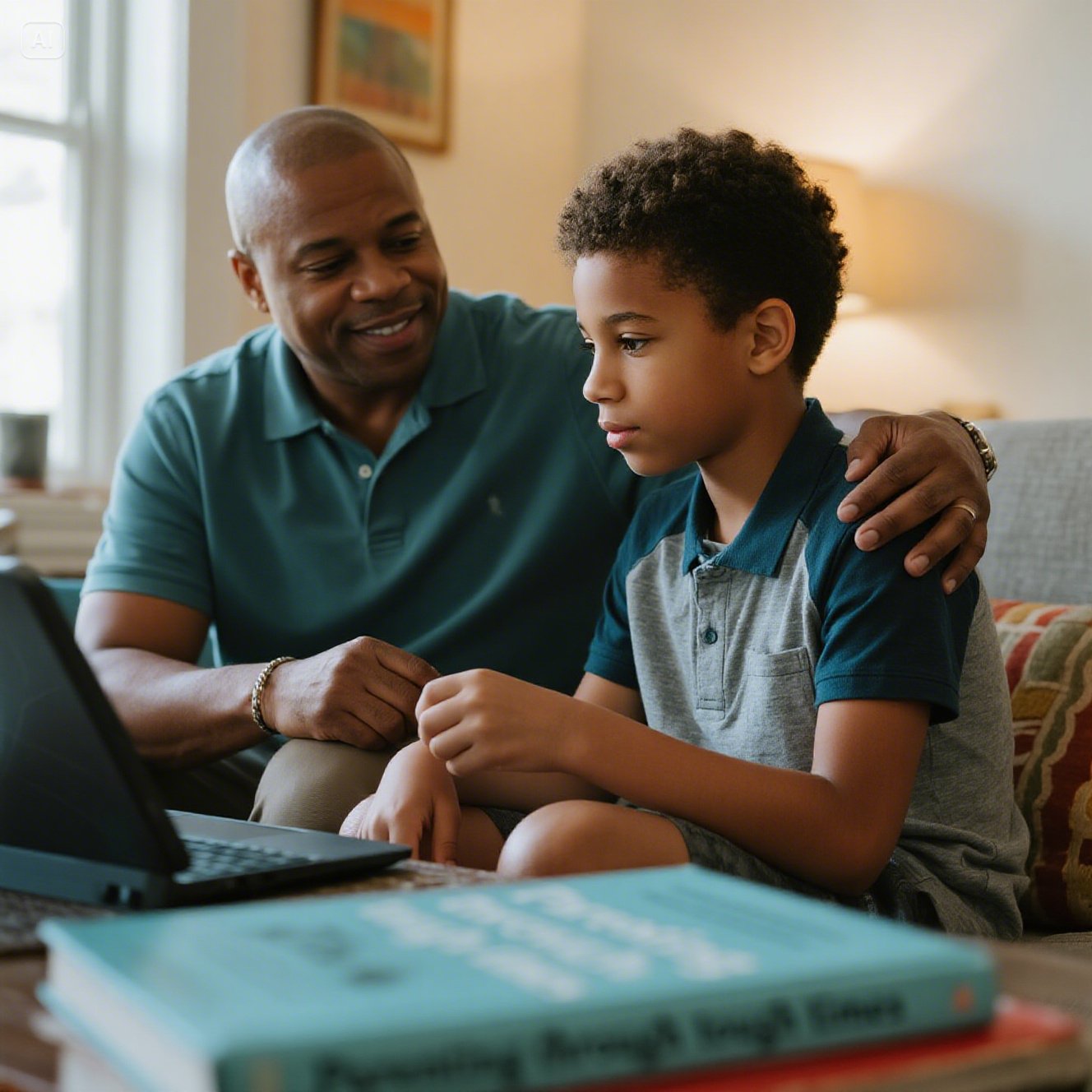

Your support can be a child’s strongest shield.
👪For Parents
Recognize the Signs:
- Sudden withdrawal or isolation
- Unexplained injuries or lost belongings
- Changes in eating or sleeping patterns
- Reluctance to go to school or social events
- Self-deprecating comments or anxiety
How to Support Your Child:
- Listen without judgment or interruption
- Reassure them it’s not their fault
- Work with the school on a response plan
- Model empathy and assertiveness at home
- Seek professional help if trauma symptoms appear

You’re on the frontlines—let’s equip you.
📚For Educators
Intervention & Prevention:
- Use trauma-informed language and techniques
- Create a culture of zero-tolerance backed by student leadership
- Designate “safe zones” and confidential reporting options
- Encourage classroom discussions on empathy, diversity, and inclusion
Printable Tools:
- [Anti-Bullying Classroom Poster (PDF)]
- [Bullying Incident Report Template]
- [Restorative Circle Guide for Teachers]
- [Daily Mood Tracker for Students]
Frequently Asked Questions❓
Conflict is a disagreement between equals. Bullying is targeted, repeated harm involving a power imbalance.
Yes. It can lead to anxiety, depression, PTSD, and low self-esteem—even into adulthood.
Start with compassion, not blame. Many bullies act out due to pain or insecurity. Address the behavior, seek support, and model empathy.
Absolutely! Contact us to schedule a workshop or awareness event at your school, youth group, or community center.

A growing movement. A measurable difference.
Our Impact
Our Supporters
“Together, we can build bullying-free communities.”






Empowering Youth Leaders
Our Team
“Together, we can build bullying-free communities.”
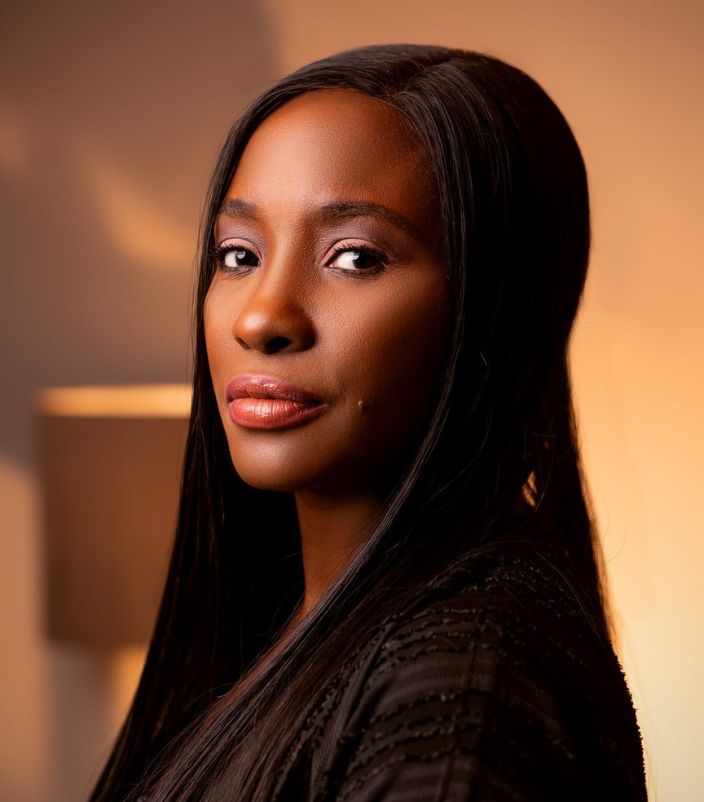
Shirley Faponnle
Founder, Coach
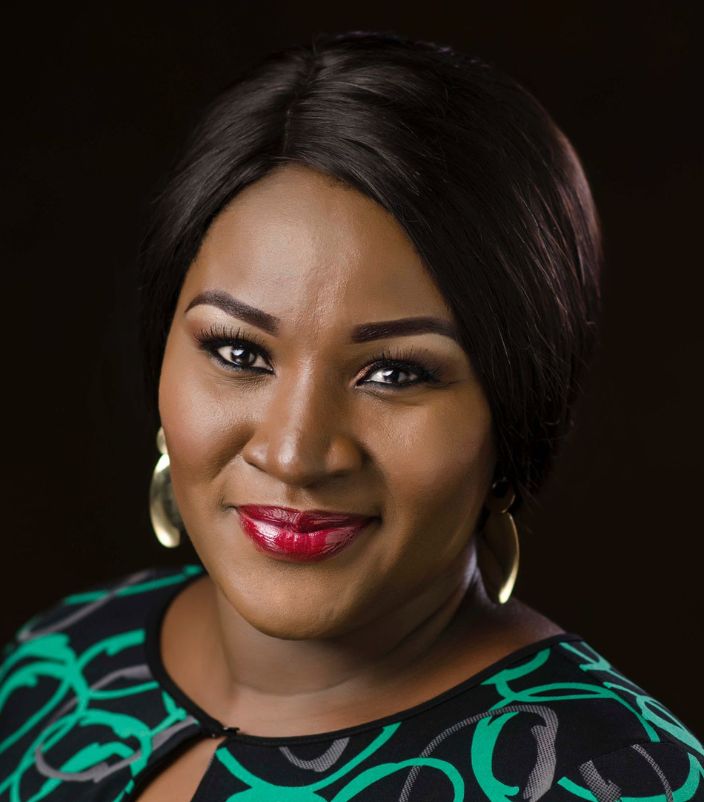
Funmi Eko Ezeh
Communications
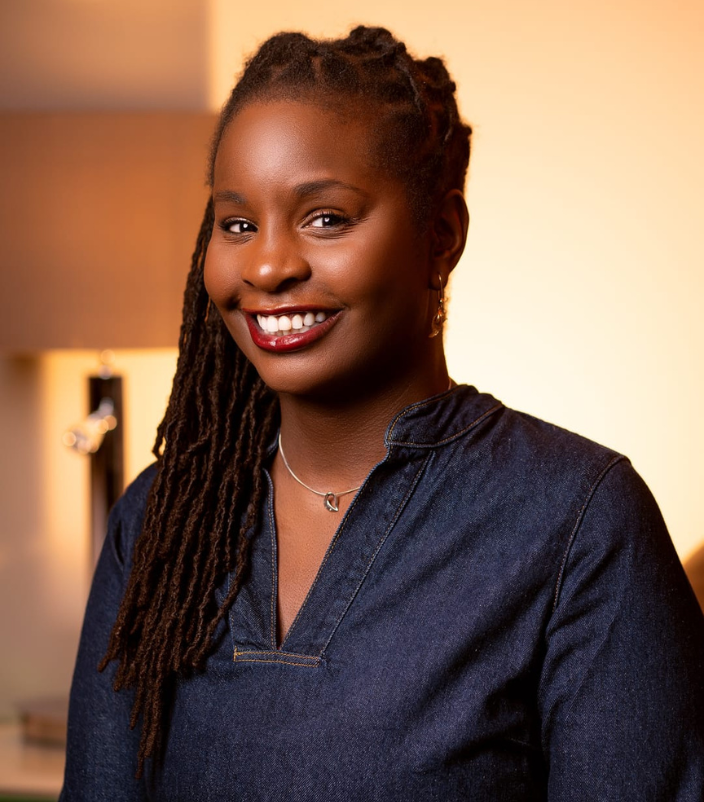
Dr Oge Ilozue
Director

Rosie Alabi
Volunteer Coordinator
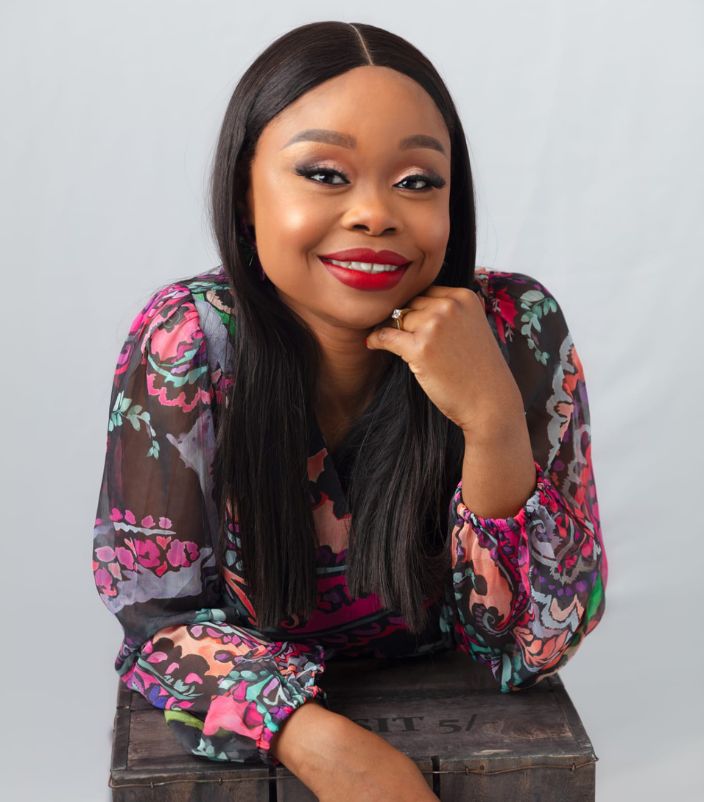
Taiwo Orimoloye
Director
We're here to provide the support and guidance you need.

Your voice matters.
We’d Love to Hear From You!
Share your thoughts, experiences, or suggestions with us—every message helps us grow stronger and support more lives.
Healing Is a Priority
Begin feeling better today, belive yourself.
Book an appointment.
Share your thoughts, experiences, or suggestions with us—every message helps us grow stronger and support more lives.

